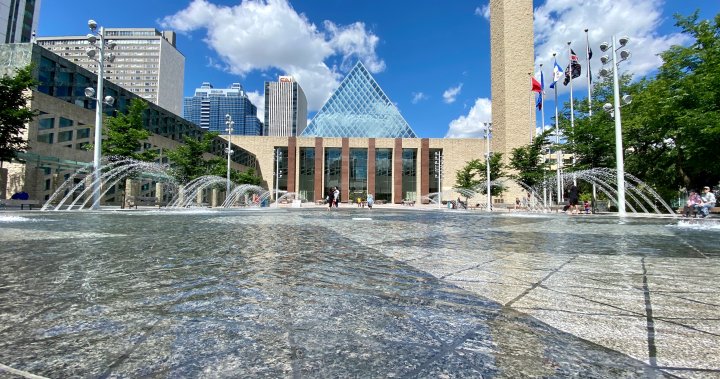A Calgary city councillor, Courtney Walcott, proposed granting permanent residents the right to vote in municipal elections during the Alberta Municipalities annual conference. The resolution needed a majority vote to pass, but only received 42 percent support in the end. If successful, the Alberta Municipalities organization would have lobbied the provincial government for changes to the Local Authorities Election Act. Concerns about weakening Canadian citizenship rights were brought up during the emotional debate, with one councillor arguing that allowing permanent residents to vote would diminish Canadians’ ability to govern themselves.
One argument against giving permanent residents voting rights in municipal elections was the fact that they retain citizenship in their home countries. Edmonton Mayor Amarjeet Sohi, a former member of Parliament, disagreed with this sentiment, stating that he remained loyal to Canada as a permanent resident. He argued that individuals like himself and others who had lived in Canada for years, paid taxes, and contributed to the community should have the right to vote in local elections. Others shared similar sentiments, expressing that denying permanent residents the ability to vote was akin to denying their rights and disenfranchising them.
The debate also highlighted historical issues regarding voting rights, with Indigenous councillor Aaron Paquette pointing out that it wasn’t until the 1960s that Indigenous people in Canada were granted full voting rights without having to sacrifice their identity. He emphasized that denying permanent residents the right to vote in municipal elections would be a step backward in terms of inclusivity and democracy. Personal stories and connections to the issue were shared during the debate, with different perspectives offered on whether permanent residents should have the right to vote based on their contributions to the community and society.
Opponents of granting voting rights to permanent residents cited concerns about diluting the sacred responsibility of Canadian citizenship and the significance of the right to vote. The debate also touched on the argument that since permanent residents pay taxes and contribute to the community, they should have a say in local decision-making processes. However, Premier Danielle Smith had previously dismissed the idea as unconstitutional, stating that only Canadian citizens should have the right to vote in elections. Despite the emotional and passionate arguments made during the debate, the resolution did not pass, indicating that the issue remains a contentious and unresolved matter.
The proposal to grant permanent residents voting rights in municipal elections sparked a heated debate among municipal officials from various cities and towns in Alberta. The discussion focused on the importance of citizenship rights, democracy, and inclusivity, with councillors sharing personal stories and connections to the issue. While some argued that denying permanent residents the right to vote was discriminatory and undemocratic, others expressed concerns about the implications for Canadian citizenship and the right to self-governance. Ultimately, the resolution did not receive enough support to pass, highlighting the complexities and differing perspectives on the issue. Despite the defeat of the resolution, the debate has brought attention to the issue of voting rights for permanent residents and the need for further discussion and consideration in the future.


